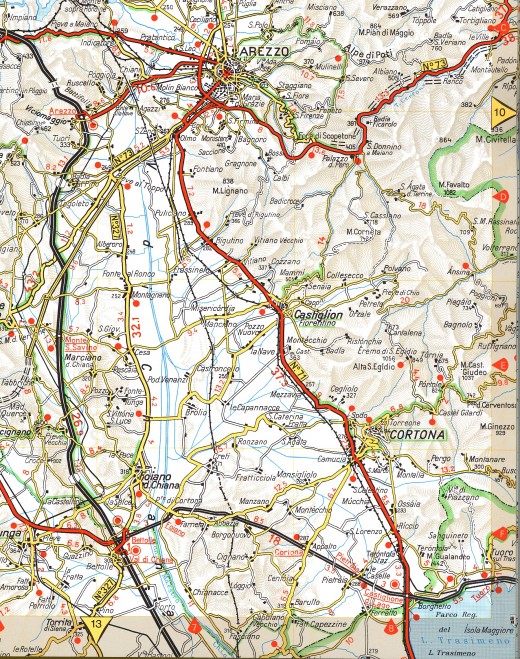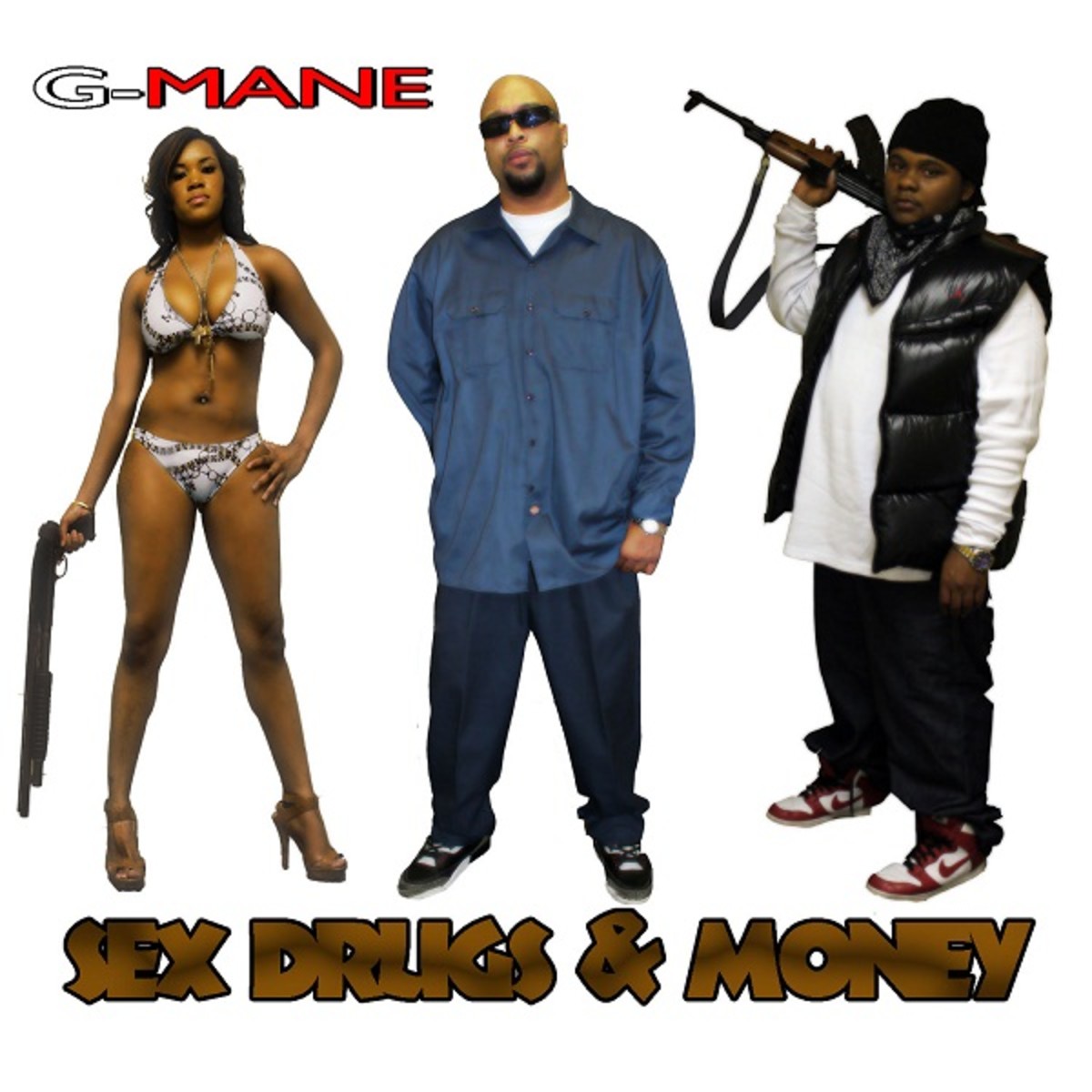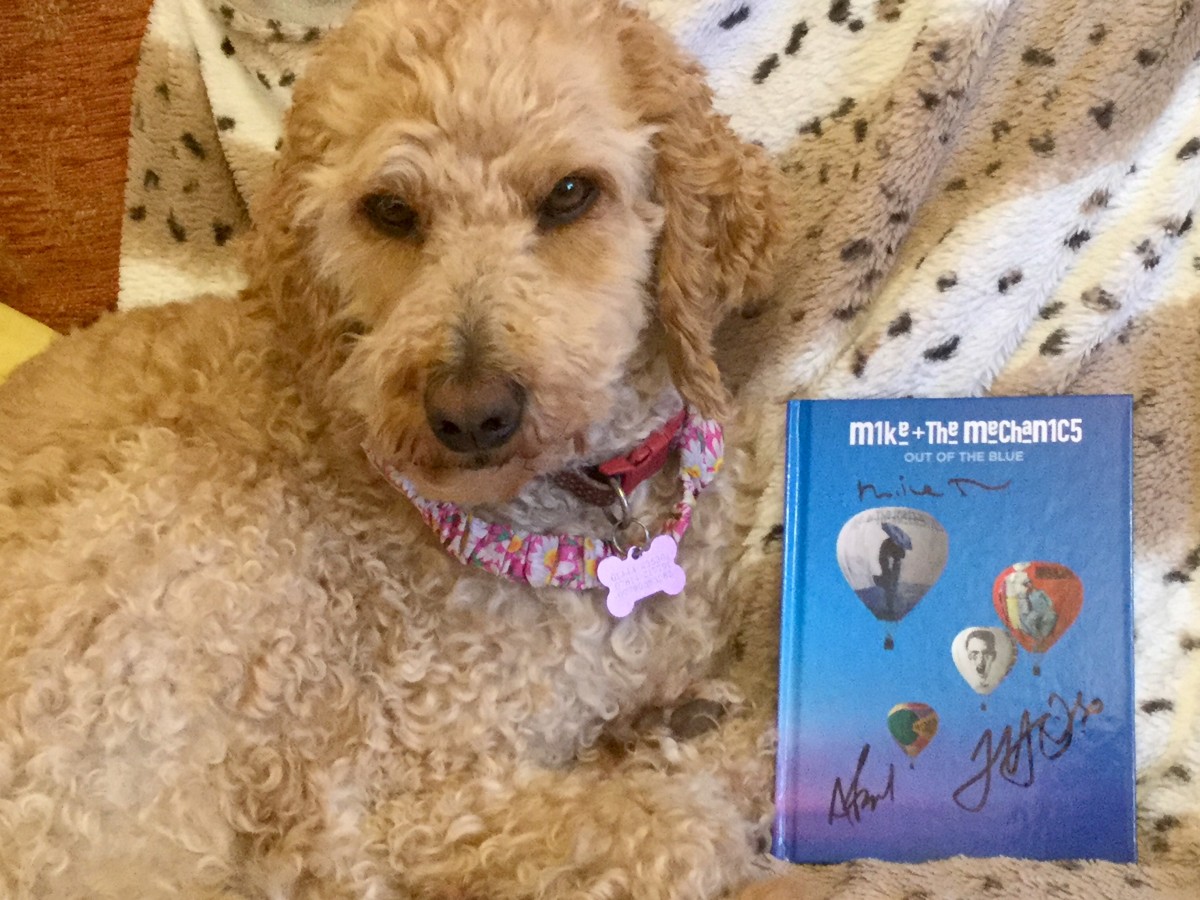Wiz Khalifa - Rolling Papers (Album Review)

I really had no defined expectations before listening to Wiz Khalifa’s new album, Rolling Papers. Aside from the “Black and Yellow”/ Steelers craze and a few guest spots here and there on the tracks of other artists, I haven’t been following him, even though he’s been around for a while. After listening to the album, I can say that, for the most part, Rolling Papers was an enjoyable listen. I’m quite sure, however, that it will meet with much criticism (if not downright disappointment) from a lot of people who define artists by singles and public persona.
Structure
As far as the way the album is constructed as a whole, Rolling Papers uses what I call a “Road Map” structure. Basically, the opening track tells listeners where the artist plans to go with the album in general without providing any particularly vivid details about what listeners will encounter along the way. I find that the “Road Map” structure is most useful when an album has no single, guided theme.

[Note: When I say an album has a single, guided theme or concept, I’m referring to it having a recurring backdrop story, plot, or narrative like, for example, in Kanye West’s The College Dropout (whether or not the traditional pursuit of higher education is important to a person’s success) or The Miseducation of Lauryn Hill (education/life lessons learned in and out of the classroom). This is usually done through efficient use of interludes and targeted lyrics relating back to the main concept. The idea is usually not over-generalized by simply saying that the album is about love or “the struggle/hustle,” for example.]
The primary purpose of the “Road Map” structure is to set a mood and to get the listener to understand the artist’s mental approach to the album. If done correctly, the listener will usually adjust the individual tracks to conform to the artist’s generalized outlook and established state of mind for the rest of the album. I think Khalifa does this fairly well. With Rolling Papers, he opens by describing how other people perceive him and his music and giving a generalized view of how he approaches the complexities of life and fame.

Subject Matter and Approach
The route Khalifa takes doesn’t deviate much from what he establishes in the beginning as far as subject matter. Rolling Papers is an album about fame and how Khalifa deals with it and the people around him. His approach to the subject matter is what may put a lot of people off with this album. This is not an album full of “Black and Yellow”- type tracks meant to test someone's sound system. In fact, there are very few tracks like that on this album past the first few. He visits the persona that everyone is accustomed to and then alters it to give slight variations on the familiar aspects. The album is very balanced in a certain regard because it doesn’t go through a lot of changes. It is very laid back.
Everything about Rolling Papers promotes the “middle path is best” idea. Once you get into the album by way of the lyrics and the production, you find that Khalifa is a very “careful” rapper. He’s not trying to impress anyone by being a highly versatile, technical lyricist. Although listeners are going to hear some metaphors, a little bit of wordplay, and some rhyming variations, this is not an album that you have to listen to a dozen times in order to get even half of everything that was said. You can appreciate his effort without getting lost in it.
Ordinarily, playing it safe by not distinguishing oneself in a profound lyrical sense is a quick way to get overlooked considering the over-abundance of rappers who do not have particularly unique voices or styles. I think, however, that, absent any sort of embellishment, the quality of Khalifa’s voice and his way of pronunciation/articulation is just different enough to keep him from blending into the pack. Barely.

The production, mostly from StarGate and I.D. Labs/E. Dan, complements the overall approach by not overpowering the lyrics and having too much going on musically. The established mood is simple and straightforward without the blaring distractions which usually accompany other albums that have a lot of different production styles. Khalifa seems to know which producers accent his style the best, and the tracks are very easy to listen to.
Also, Khalifa gets the point of having a predominantly solo album, and he does not bog things down with too many featured artists. You get evenly spaced appearances from Too $hort, Chevy Woods, and Curren$y. I think this simplicity adds to the overall, laid-back feel of the album because the lack of excessive variations in the styles of featured artists doesn’t upset the flow of things.

Overall Impression
Like I said, Rolling Papers is enjoyable to listen to as an album. That doesn’t make it especially memorable, however. It probably won’t make anyone’s best or worst list. I have no idea what most people are expecting from it, but something tells me that the album somehow won’t be enough for those “eagerly anticipating” the release. Rolling Papers is not a groundbreaking album and doesn’t add anything particularly new to what’s currently out there.
I can appreciate the attention given to the way Rolling Papers was constructed, for the most part, but, overall, I feel it is just a mix of already heavily established sounds and subject matter (particularly a very subtle Drake-ish lyrical quality during the second half of the album when Khalifa talks more about his relationships with women and the pitfalls of fame). I believe that only a small minority of people will love this album. I feel that in the end most people will either like and appreciate it in a very fleeting way or completely dismiss it for falling short of any preconceived notions they may have had going in. That’s just my opinion.









